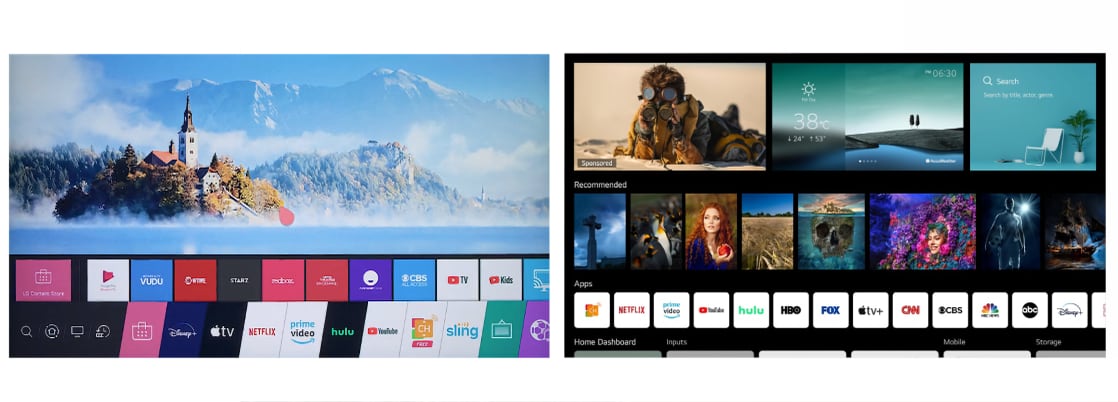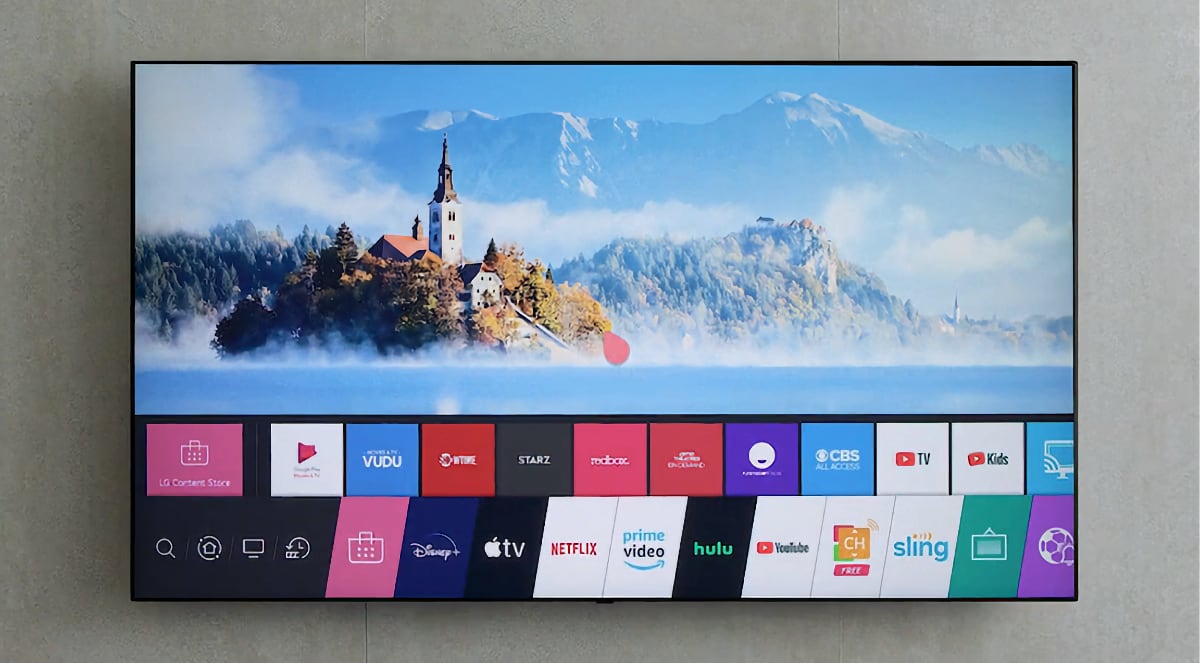Starting this year, you will see LG's webOS platform, found in the companies own OLED and LCD TVs, implemented in TVs from other brands. The first licensees are Konka and Blaupunkt.
webOS licensing
LG wants to take webOS beyond TVs to projectors, car dashboards, and even refrigerators. In 2018, the company also released an open source version of webOS.
In 2021, buyers will start seeing webOS in TVs from other brands. With webOS, the user has access to apps like Disney+, HBO, Netflix and YouTube as well as other TV functions. However, it is unclear if TVs from other brands will have feature-parity with webOS in LG's own TVs.
LG's first licensees are Konka and Blaupunkt. Konka will use webOS in its U4 range that will be available in the US as 43- to 75-inch 4K LCD TVs. In addition, Konka will have webOS in its H2 range of TVs while the company's other models will be Android TV-based. Blaupunkt will use webOS 5.0 (from 2020) in its BP range of 42 to 75-inch LCD TVs.
Also read: LG's webOS 6.0 platform for 2021 TVs has a redesigned homescreen
When asked during CES 2021, LG Corp. had no official comment on the subject of webOS licensing to other TV makers.

webOS 5.0 with its classic bottom bar (left) versus webOS 6.0 with its new homescreen (right)
Scale and consolidation
Amazon, Google, and Roku have been licensing their respective TV operating systems to TV makers for years. In late 2019, Samsung laid out plans to make its Tizen operating system available to other TV makers, although no partners have been announced as of January 2021.
LG and Samsung are late to the TV OS licensing party and it remains to be seen if either can convince any major TV brands to support their project. Companies like Sony, TCL, Philips and Hisense are already partnering with Google or Roku – or both.
Amazon, Google and Roku all provide major software updates for FireTV, Android TV and Roku OS-based devices, whereas LG and Samsung do not provide major software updates for webOS and Tizen even in their own TVs.
While the mobile space has consolidated around two major operating systems, Android and iOS, the TV space remains less mature and more convoluted. As streaming services push the TV industry into the next phase, platform creators are trying to build scale to remain relevant to both developers and consumers. Based on historical trends, there is a high chance that we will see consolidation in TV operating systems in the years to come.








